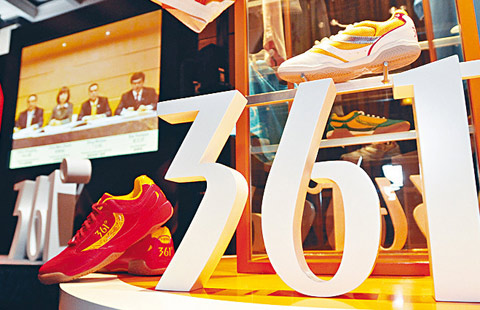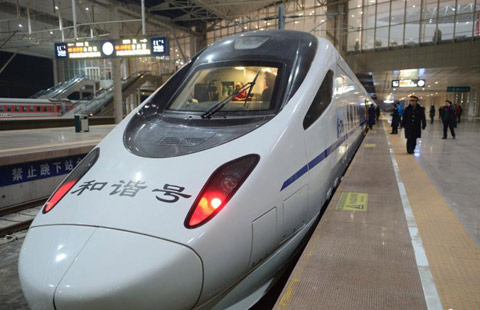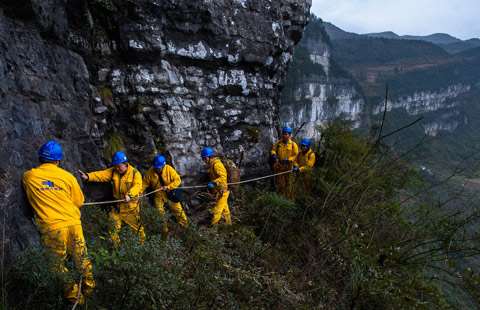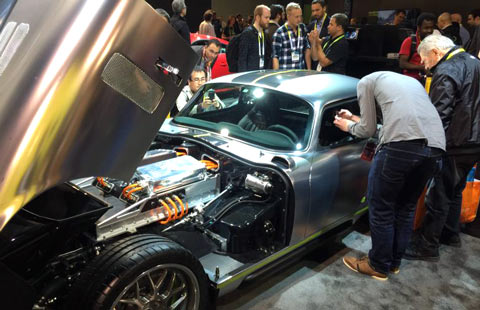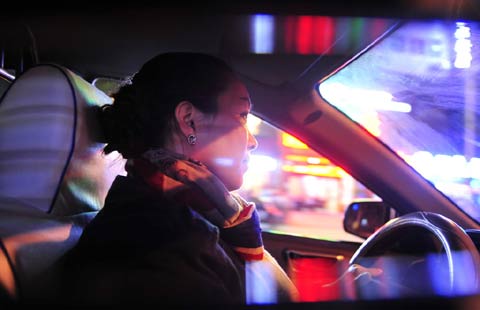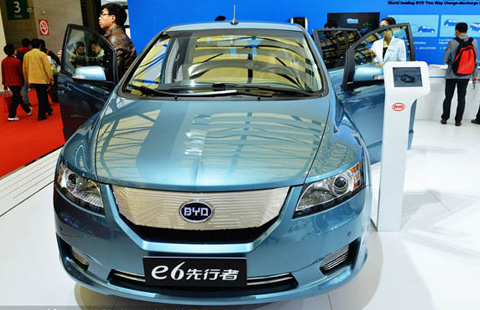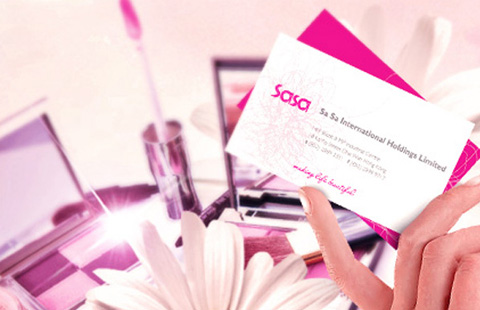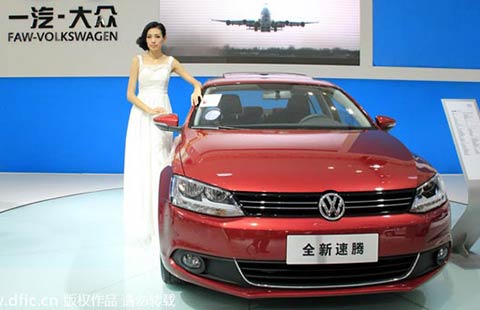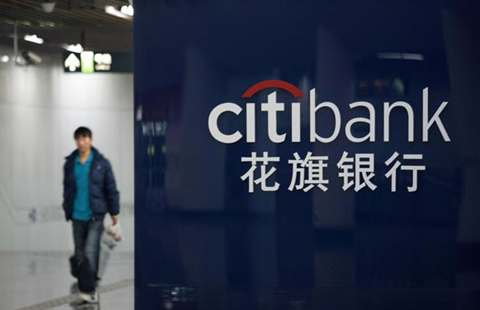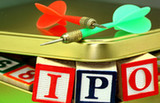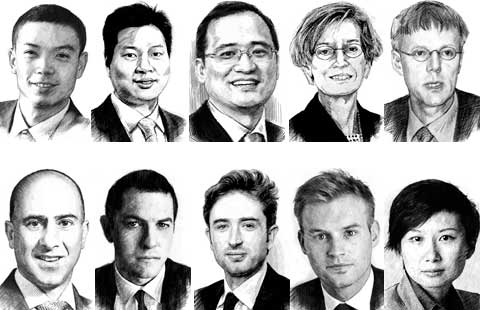Pure breath of fresh air refers to big money
By WANG CHAO (China Daily) Updated: 2015-01-12 08:05
|
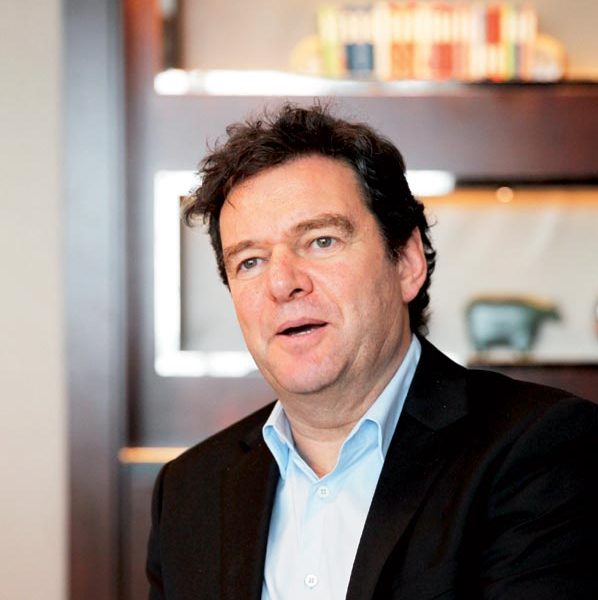 |
|
Bengt Rittri, founder and CEO of Blueair AB, says China is one of its fastest-growing markets, with annual growth rates of more than 50 percent.[Photo/China Daily] |
Li says sales of Blueair products have grown by 50 percent in China every year, for the past three years.
"And the higher-end series are growing at triple the rate from the previous year," she says.
The company won't release how many machines they delivered last year, but says half of its products were sold to Asia, with Chinese and Japanese customers its biggest buyers.
According to a Blueair survey released earlier in 2014, its largest group of consumers are wealthy city residents from the ages of 40 to 45. Mothers make up a large portion of Blueair buyers. "These people usually live in large homes and need more powerful air purifiers," Li says.
The survey also shows Chinese consumers are less sensitive to cigarette smoke than in developed countries; and that they are more concerned about formaldehyde and benzol because many of them buy new homes that are recently furnished. New furnishings can emit such toxins.
In 2003, Blueair moved a manufacturing facility from the US to China to produce the Classic 200 series. Sales of the domestically produced purifiers, however, fell while the imported versions of the same series rose. The Chinese preference for made-in-Sweden models forced Blueair to halt any intention of growing its Chinese plant at a time when many foreign brands talk about expanding in the country.
Blueair has a 15 percent share of the Chinese air purifier market and has sold air purifiers to the US embassy in Beijing.
"Many multinationals in China are buying air purifiers for their employees," Rittri says.
He says the company in previous years mistakenly thought its buyers would primarily be expatriates, "but we found out many Chinese families are considering buying one. It is no longer a luxury thing. It has become a daily necessity".
Though Blueair seized upon the air purifier market early, Chinese analysts say the toughest competition has yet to come.
The demands are so big that nearly every major home appliance maker-even cellphone and TV maker Xiaomi Corp-now has a line of air purifiers. With so many products at a wide range of prices, from several hundred yuan to tens of thousands of yuan, consumers often get confused.
Xu Dongsheng, secretary-general of the China Home Appliance Association, says the industry urgently needs standards, because unlike televisions or computers, the effect of air purifiers is hard to judge.
"We should launch standards before problems appear in the market," he says. "And standards can also regulate the manufacturers so they focus on quality rather than exaggerated advertising."
For instance, he says, during the filtering process, some machines generate ozone, which gives off a fresh smell but actually does harm to the human body.
The association established an air purifier commission last year to work on standards and fight against substandard products in the market. Members of the commission include Philips, Sharp and Midea.
Blueair uses the Clean Air Delivery Rate standards from the United States Association of Home Appliance Manufacturers to evaluate the overall efficiency of its air purifiers. The standards are also adopted by manufacturers in Japan.
- Pure breath of fresh air refers to big money
- China's comprehensively deepened reform benefits self, world
- China OKs Fonterra investment in dairy maker Beingmate
- Policy design to propel China's SOE reforms
- Top 10 Chinese textiles & garments brands of 2014
- Ambitious course set for airliner market
- Alibaba to invest over 500m in Indian startup
- Tibet sees record high tourist arrivals in 2014
